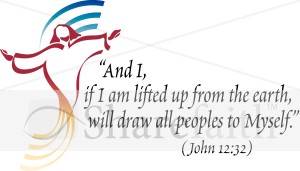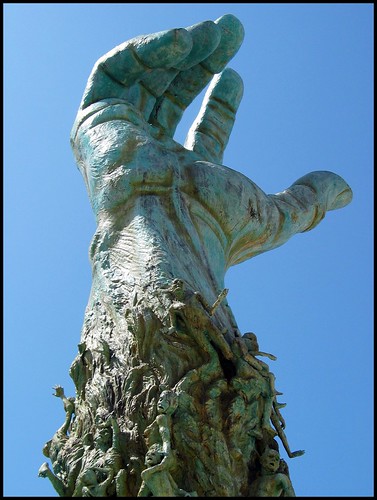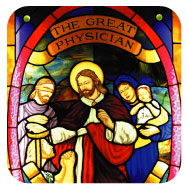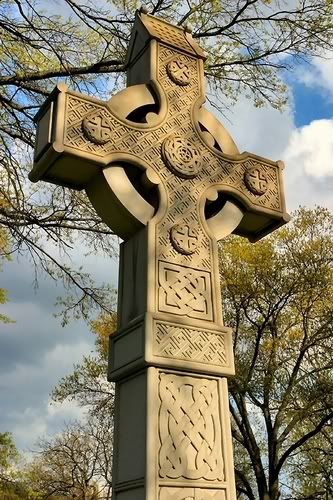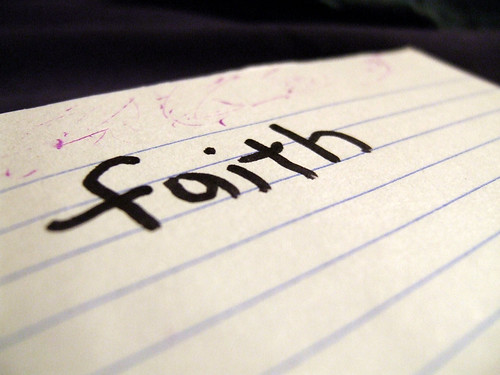
Psalm 118:19-29
Open to me the gates of righteousness,
that I may enter through them
and give thanks to the LORD.
This is the gate of the LORD;
the righteous shall enter through it.
I thank you that you have answered me
and have become my salvation.
The stone that the builders rejected
has become the chief cornerstone.
This is the LORD’s doing;
it is marvelous in our eyes.
This is the day that the LORD has made;
let us rejoice and be glad in it.
Save us, we beseech you, O LORD!
O LORD, we beseech you, give us success!
Blessed is the one who comes in the name of the LORD.
We bless you from the house of the LORD.
The LORD is God,
and he has given us light.
Bind the festal procession with branches,
up to the horns of the altar.
You are my God, and I will give thanks to you;
you are my God, I will extol you.
O give thanks to the LORD, for he is good,
for his steadfast love endures for ever.
Reflection
The verses of Psalm 118 for us today are some of the most familiar verses found within the psalms. "This is the day the Lord has made; let us rejoice and be glad in it!" "O give thanks to the Lord, for he is good, God's steadfast love endures forever." Five times within this psalm we are reminded of God's steadfast love, which is a message for any day, and for every day. whatever life's circumstances might be, it's always a beautiful and worthwhile thing to be reminded that we are loved and cared for unceasingly and without condition.
When we set all of our experiences within the context of gratitude, we're doing something faithful, and yet counter cultural. It's not a cultural inclination to be grateful for gifts-- so much of our culture is built upon success being earned and prosperity as entitlement.
But it's gift, and the psalmist reminds us that thanksgiving is not a polite rejoinder; it's the first and the last words. This the hallmark of who were are as we worship a generous God.
Prayer
Because of your goodness, O God, we can recognize goodness around us. Thank you. Thank you. Thank you. Amen.
Flickr photo.

